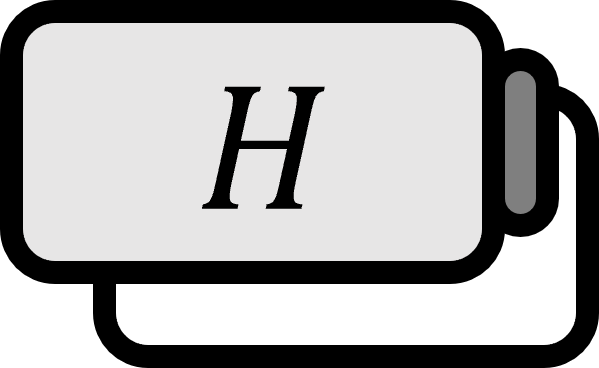Bessel Sequences in Hilbert Spaces with Dense Subspaces
Theorem1
Given a Hilbert space $H$, suppose that $V \subset H$, which are $\left\{ \mathbf{v}_{k} \right\}_{k \in \mathbb{N}} \subset H$ and $\overline{V} = H$, satisfy the following.
$$ \sum_{k \in \mathbb{N}} \left| \left\langle \mathbf{v} , \mathbf{v}_{k} \right\rangle \right|^{2} \le B \left\| \mathbf{v} \right\|^{2} \qquad , \mathbf{v} \in V $$
Then, $\left\{ \mathbf{v}_{k} \right\}_{k \in \mathbb{N}}$ is a Bessel sequence with Bessel bound $B$.
Explanation
Originally, Bessel sequences had to satisfy the inequality for all $\mathbf{v} \in H$, but according to $\overline{V} = H$, such a condition is relaxed, and it is sufficient to satisfy it only for $\mathbf{v} \in V$. Especially if $H$ is a Polish space, it naturally satisfies the condition.
Proof
If we let $\mathbf{v} \in H$, since $H$ is a separable space, there exists a $\left\{ \mathbf{w}_{l} \right\}_{l \in \mathbb{N}} \subset V$ that satisfies $\mathbf{w}_{l} \to \mathbf{v}$. For each $l \in \mathbb{N}$ and all $n \in \mathbb{N}$,
$$ \sum_{k=1}^{n} \left| \left\langle \mathbf{w}_{l} , \mathbf{v}_{k} \right\rangle \right|^{2} \le B \left\| \mathbf{w}_{l} \right\|^{2} $$
Then, by taking $l \to \infty$,
$$ \sum_{k=1}^{n} \left| \left\langle \mathbf{v} , \mathbf{v}_{k} \right\rangle \right|^{2} \le B \left\| \mathbf{v} \right\|^{2} $$
Since this holds for all $n \in \mathbb{N}$, by taking $n \to \infty$,
$$ \sum_{k=1}^{\infty} \left| \left\langle \mathbf{v} , \mathbf{v}_{k} \right\rangle \right|^{2} \le B \left\| \mathbf{v} \right\|^{2} $$
■
Ole Christensen, Functions, Spaces, and Expansions: Mathematical Tools in Physics and Engineering (2010), p789 ↩︎
